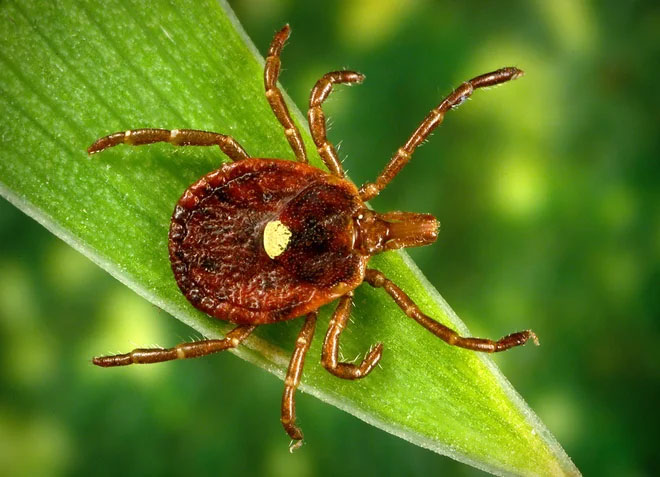Heartland is a mysterious and rare virus found on ticks that is spreading in several locations. Experts warn that this virus could create a wave of potential outbreaks.
According to NBC News, researchers at Emory University in the United States describe Heartland as a mysterious yet deadly virus. It has been found on the Lone Star Tick (Amblyomma americanum) in Georgia. This virus has been detected in at least six states in the U.S., and experts warn it is spreading rapidly, potentially becoming a dangerous disease.
The study was published in the journal Emerging Infectious Diseases by the Centers for Disease Control and Prevention (CDC) in the U.S. According to the CDC, the virus has been reported on Lone Star Ticks in Missouri, Alabama, Illinois, Kansas, and New York. Currently, experts are still unsure if the virus has spread to other areas of the U.S.
According to Associate Professor Gonzalo M. Vazquez-Prokopec, a co-author of the study at Emory University: “We want to raise public awareness about this mysterious virus rather than induce panic. In spring, people tend to spend more time outdoors, which increases their exposure to ticks that may carry the virus.”
The expert emphasized: “Heartland is an emerging infectious disease that we still do not fully understand. We are trying to learn everything we can about it before it becomes a significant issue.”
Researchers also warn that the ongoing climate crisis is promoting warmer and shorter winters. This increases the chances for certain tick species to reproduce more frequently and expand their range.
 Heartland virus found on Lone Star Tick, has infected at least 50 people. Some cases have resulted in death. (Photo: AFP).
Heartland virus found on Lone Star Tick, has infected at least 50 people. Some cases have resulted in death. (Photo: AFP).
Information about the Heartland virus is still very limited. When the virus jumps from ticks to humans, it can cause fever, fatigue, loss of appetite, headaches, nausea, diarrhea, and muscle or joint pain. The CDC has stated that it is unclear whether other tick species can spread this virus or if humans can be infected through other means.
Some patients have been diagnosed with alarmingly low white blood cell and platelet counts, affecting the blood clotting process. Their liver function tests showed elevated liver enzymes, indicating a risk of serious illness.
The CDC estimates that as of January 2021, there have only been about 50 reported cases of illness caused by this virus. In severe cases, patients have required emergency care. The majority recover fully; however, some elderly individuals have died. Currently, there is no vaccine or treatment for this disease.
The Heartland virus was first identified in northwest Missouri in 2019. The first two cases of infection involved men who were hospitalized with symptoms of high fever, diarrhea, and muscle pain. In addition to this virus, Lone Star Ticks have also been found to carry bacteria that cause ehrlichiosis and tularemia. Some individuals bitten by these ticks develop a meat allergy.


















































